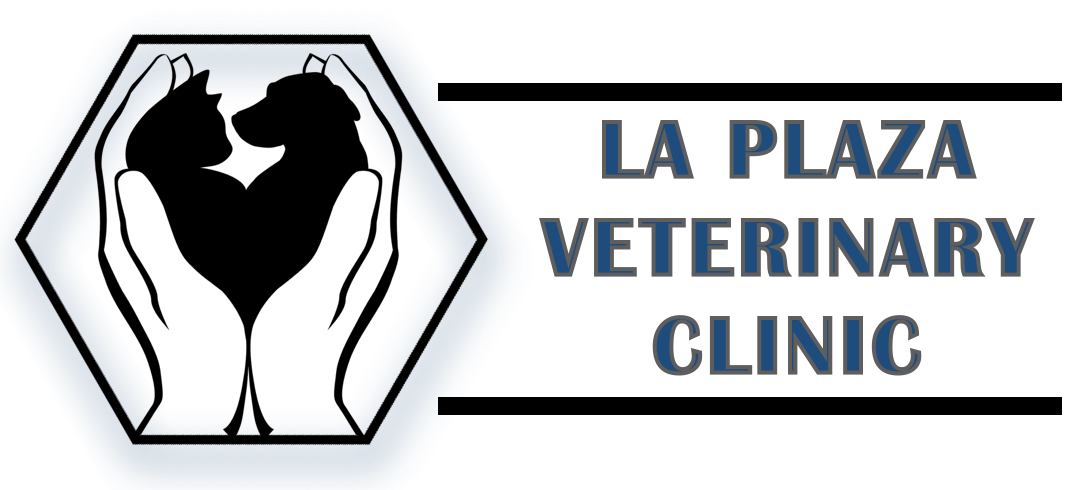Library
-
Dogs that fall from heights can suffer sprains, broken bones, head trauma, and chest or abdominal injuries. Toy breeds can sustain injuries from jumping off a couch or chair. If you see your dog fall, monitor him for at least 3-5 days for anything abnormal that may develop. Serious injuries need to be evaluated immediately by your veterinarian, but there are steps you can take at home to prepare your pet to be transported to your veterinary hospital.
-
Hot spots are inflamed and often painful lesions that your dog may develop for a variety of reasons. Treatment is relatively simple and may include the use of topical or oral steroids, antihistamines, bandaging the area, and using an E-collar to prevent further licking or chewing. If hot spots recur, it is important to determine the underlying cause. Seasonal grooming, regular brushing, and bathing can help prevent hot spots from developing.
-
Insect stings or bites can cause mild signs of swelling, pain, and itching or can be more severe, causing hives, anaphylactic reactions, difficulty breathing, vomiting, diarrhea, or seizures. In more severe cases, emergency veterinary attention is required to stabilize the cat, screen for organ dysfunction, and provide supportive care.
-
Insect stings or bites can cause mild signs of swelling, pain, and itching or can be more severe causing hives, anaphylactic reactions, difficulty breathing, vomiting, diarrhea, or seizures. In more severe cases emergency veterinary attention is required to stabilize the dog, screen for organ dysfunction, and provide supportive care.
-
Lameness occurs due to the injury or debilitation of one or more parts of the leg; bones, muscles, nerves, tendons, ligaments, or skin. Depending on the cause of the limp, immediate veterinary care may be needed. If your dog is in severe pain, carefully transport your dog to your veterinary hospital or emergency hospital immediately. For non-emergency limps, you may be able to determine the cause of the limp and provide home care. If the lameness persists for more than 24 hours, seek veterinary care. Medication or surgery may be necessary to help your cat heal and reduce pain.
-
Lameness occurs due to the injury or debilitation of one or more parts of the leg: bones, muscles, nerves, tendons, ligaments, or skin. Depending on the cause of the limp, immediate veterinary care may be needed. If your dog is in severe pain, carefully transport your dog to your veterinary hospital or emergency hospital immediately. For non-emergency limps, you may be able to determine the cause of the limp and provide home care. If the lameness persists for more than 24 hours, seek veterinary care. Medication or surgery may be necessary to help your dog heal and reduce pain.
-
Tail injuries are common and can sometimes be managed with home first aid but some cases require veterinary care. Abrasions are mild scrapes that can be treated with daily cleaning and application of antibiotic ointment. Lacerations are more serious cuts that may expose underlying muscle and bone requiring stitches and often antibiotics. Tail fractures can heal well if they occur near the tip of the tail but if bones are severely damaged then amputation may be required. Nerve damage can occur from fractures, crushing injuries or severe tail pulls causing stretching or tearing of the nerves and can result in loss of fecal and urinary continence and can also result in a limp tail.
-
Tail injuries are common and can sometimes be managed with home first aid but some cases require veterinary care. Abrasions are mild scrapes that can be treated with daily cleaning and application of antibiotic ointment. Lacerations are more serious cuts that may expose underlying muscle and bone requiring stitches and often antibiotics. Happy tail is a condition where the skin at the end of the tail becomes damaged and continues to split and bleed whenever the wagging tail hits a hard surface. Bandaging, antibiotics and pain medication may help these heal but amputation may become necessary to reduce re-injury. Tail fractures can heal well if they occur near the tip of the tail but if bones are severely damaged then amputation may be required. Nerve damage can occur from fractures, crushing injuries or severe tail pulls causing stretching or tearing of the nerves and can result in loss of fecal and urinary continence and can also result in a limp tail. Limber tail is a painful muscle condition likely caused by overexertion and treated with rest and anti-inflammatories.
-
If your cat limps, or licks at her pads, she may have a foot pad that is torn, punctured, or burned. Minor injuries may be treated at home, by cleaning and covering the wound, but deeper or complicated wounds require veterinary attention. Try to avoid foot injuries in your cat by surveying the areas where your cat plays and walks.
-
If your dog limps, or licks at his pads, he may have a foot pad that is torn, punctured, or burned. Minor injuries may be treated at home, by cleaning and covering the wound, but deeper or complicated wounds require veterinary attention. Try to avoid foot injuries in your dog by surveying the areas where your dog plays and walks.



